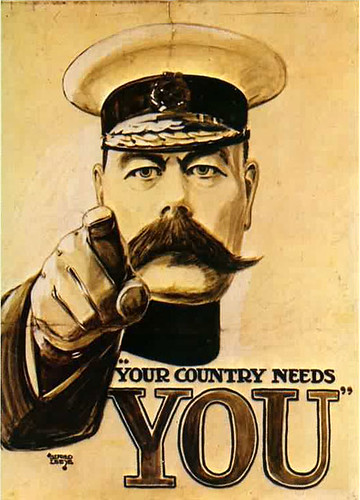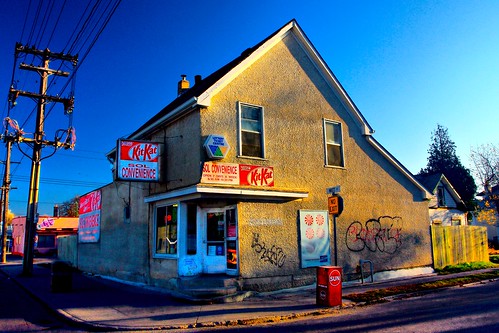A Little Bit of Politics

It will be nice to return to the original point of this trusty blog, dear reader. I want to tell you about the interesting people I’ve been meeting. And I will. But something’s been on my mind.
In a few months we’re going to have a General Election in Britain. Every day until then, people will say it’s either time for a change or that the current Government should stand by their record. The current crop of politicians stand accused of being amongst the most rotten in living memory. If you’re looking to blame something on someone these days, the chances are (if it’s not a banker) it might as well be a Member of Parliament.
Here’s the problem; The expectations we have of politicians are WAY out of line with what they should be. To help explain myself, I’ve developed an analogy, though I warn you, it isn’t perfect;
If the country was a school, then what role do you think the politicians would play? I’ll tell you what I think;
The janitors.
This isn’t to say that janitors aren’t important. They are. Extremely. They have to ensure that the school is structurally safe, that the heating works, that people can use it every morning. Of course, the janitors don’t make the decisions and so my analogy falls down here. The mistake we make is to think instead that the politicians are the teachers or the pupils. That we should be looking to them to make the changes which lead to the school or country or world we want to live in. They won’t. They can’t. They do not, and should not have the power to make this a great country. They are an important part of making it great, but they do not have the power to ensure that it is, nor should they or do they lead its greatness.
All of the time, at the moment, we’re making this mistake. Imagine there is a lot of litter on the common. We blame the council. The council did not drop the litter. Members of the public dropped the litter. A school slips down a league table. We blame the Government. They didn’t sit the exams. The pupils, teachers and parents all share responsibility for the results.
The main stream media are having a major love-in with politicians of both parties, and no good will come of it. Perhaps it’s because they are interested in each other’s jobs. Perhaps it’s because they work near each other in London. Maybe it’s because they rely on each other for their very survival. Is it easier to fill the time with tales of party political intrigue than going and finding something which is actually making a difference? Whatever. It’s ruining everything for everyone. We’re sitting back and watching the country pick a fight with the janitor because the school is failing. We need to wake up a bit.
The irony is that the elected MPs are only the thinnest layer of the political system. Why aren’t we paying attention to the work that the millions of other public servants are doing? Why are so many of the civil service seemingly banned from speaking in public?
Who is covering the latest innovations in business? Who is shining a spotlight on the breakthrough techniques of social enterprise? No-one. Because they are all too busy gazing into the eyes, or beating up (depending on whether the camera is rolling) the MPs.
I’ve been to Downing Street. I’ve met leading politicians of both main political parties. I don’t speak for any of them. I probably shouldn’t write about it.
We need to focus on the people who can actually change the way a country works. Just in case I haven’t told you how I see this (I’ll stop in a minute), let me put it this way; Politicians cannot change a country. Not really change it. Teachers, business people, parents, community leaders, social entrepreneurs, retired people and EVERYONE currently watching and listening as the politicians get the blame. That’s who can and should make the changes. We’re sleepwalking into a bleak decade if we carry on projecting the wrong expectations onto the wrong people.
Now if you’ll excuse me, I’ve got some networking to do.



 photo;
photo; 

